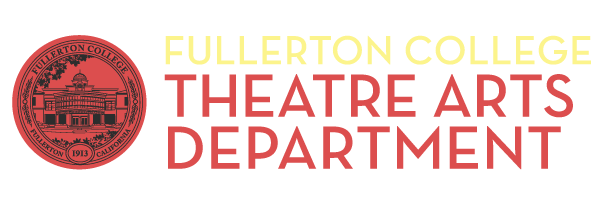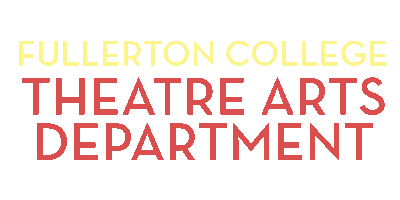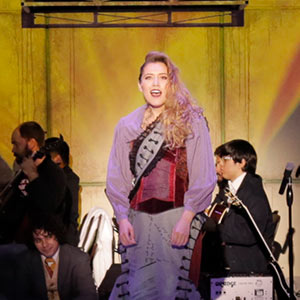'Equus' A Viloation of public decency
— Fullerton College Hornet - Phil Volk - Friday, May 29th, 1981Taste is not just something that happens inside the mouth at mealtime.Taste also relates to decisions.
In the theatrical arts, these decisions find their form in character portrayal, stagecraft and interpretive food-for-thought. All this and more is served to the audience for their intellectual palates. Then more decisions are made: did it taste good or did it taste bad?
But before any audience can draw conclusions, the actors must first decide how to play a certain part. Directors must then decide if it's a valid interpretation something the audience could swallow, if you will.
Originality is naturally a goal to strive for in theater arts, yet there's the ever-present danger of exceeding the bounds of good taste. And this brings us back to decision: "To be, or not to be-that is the question-whether 'tis nobler in the mind" to do a scene this way or that way. will continue to be the director's dilemma.
However, directors have a reachable ally in helping them form their conclusions: the people themselves-the audience-the only source of true authority. Being aloof, arrogant and unconcerned about the public would be sheer ,folly for any director. The audience's reaction is the remedy to the "director's dilemma syndrome."
Look at it this way: once the meal is served, the palatable tasty morsels will be quickly and appreciatively devoured. But if the partaker comes upon something foul or rancid, the only proper thing to do is spit it out.
Audiences have ways of rejecting untasty pieces of theatrics. They either get up and leave, or stay and suffer. Either way, the news gets to friends. And the message is clear: "Don't bother." Hopefully the news is carried on and given public notice through the efforts of a responsible writer charged with the duty of' reporting the good decisions and the bad decisions in theatrical happenings.
With that in mind, I regrettably take this opportunity to public notice of a bap decision-a matter of very poor taste.
I have in mind the FC Theater Arts Department production of the play "Equus," now in its second week at the campus theater.
The casting is excellent. The pacing is crisp. The characterizations iue thoroughly ·believable. Even the allegorical horses played by men were brilliantly convincing.
All this professionalism would be a credit to any college theater arts department, but unfortunately the bounds of good taste were severely broken.
'. I'm, talking about the scene at the end of the play that would get an X-rating if it appeared on film.Is it really necessary for the leading man and woman to totally disrobe and graphically portray copulative passion'?(My God, this is a college campus-an institution of higher learning ..... not Hollywood Blvd.) Even with. the lights down low, it ·was embarrassing, crude and pathetic.
I'm sure my wife and I weren't the only ones squirming in our seats while the two naked people pranced around the stage. Worse yet, the young man was hopping about attacking the horses in the barn where the love scene took place.
Up until then the play was having a 'powerful impact on the audience, because it was working. But then it stopped working, and the whole thing turned into a raunchy demonstration of private parts. Who needs it? The play certainly didn't need it; it was working up until then. The audience didn't need it; we were convinced up until then. Why trash up a good production?
The scene wouldn't have to be cut, it should simply be re-staged. with proper "choreography," different lighting and possibly flesh colored body suits or some other invention-with the emphasis on understatement-while the dialogue tells the story. I'm sure the desired effect could be captured through allusion, and the integrity of the script would not be violated.
But as it turns out, public decency was violated. The director wel lhe made a bad decision. He showed everybody what poor taste is all about.








